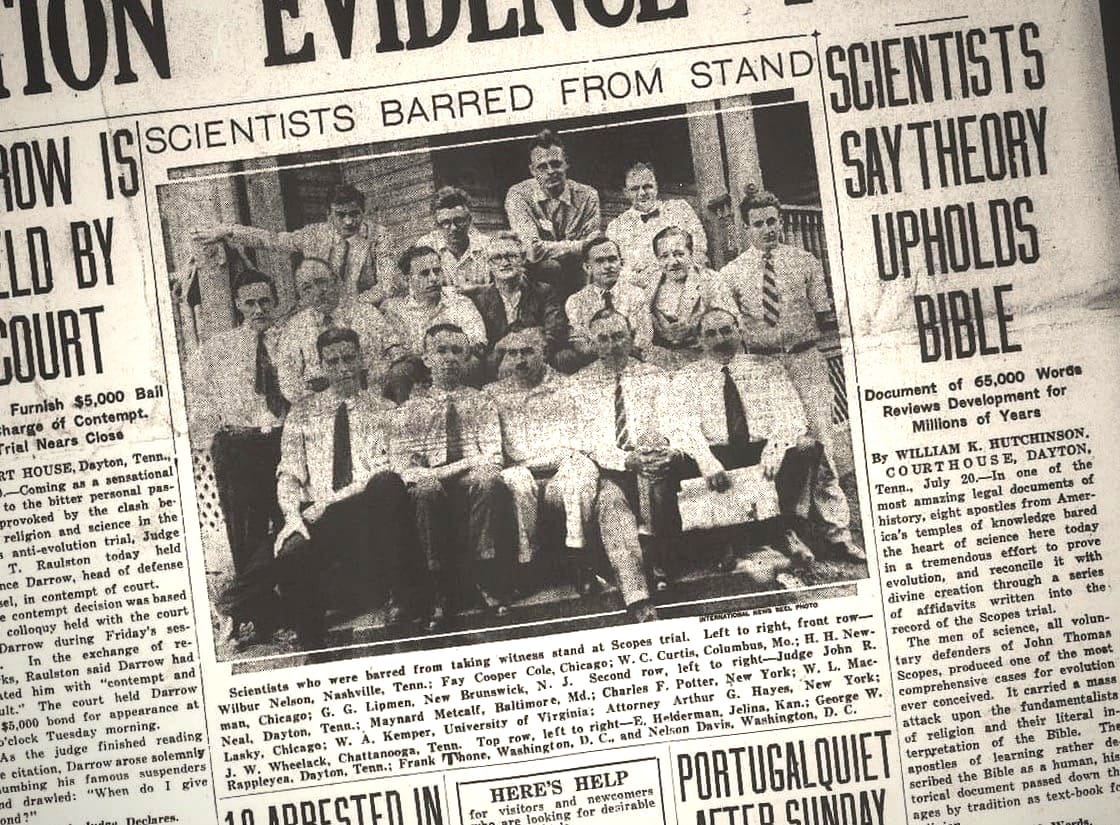Articles
Stay Ahead of the Curve
Get the latest in science, skepticism, and societal analysis—delivered straight to your inbox.
OUR MISSION
To explore complex issues with careful analysis and help you make sense of the world. Nonpartisan. Reality-based.
About Skeptic Magazine










